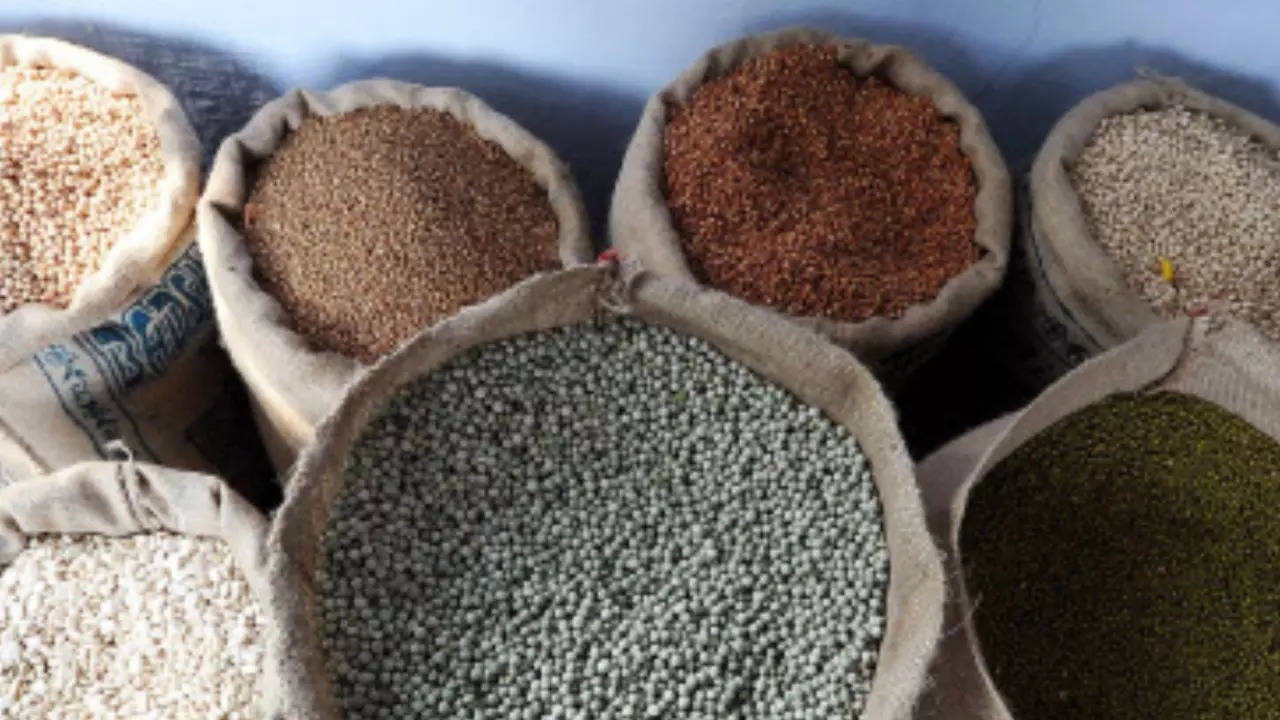People globally facing acute food insecurity exceeds 222 million & is highest ever: Unicef report – Times of India
It highlights that women across the world have been particularly hard hit by the impact of the Covid-19 pandemic on livelihoods and access to nutritious food. As schools and childcare facilities closed, women took on considerably greater child-care burdens, curbing their ability to work. They also tend to be more engaged in economic sectors that were affected by job and income losses, such as retail and hospitality. “This explains why the gender gap in the percentage of men and women experiencing food insecurity widened between 2019 and 2021. In fact, 126 million more women than men experienced food insecurity in 2021, compared with 49 million more women than men in 2019,” it is stated in the report.
These facts are shared as part of a section of the report on “Undernourished and Overlooked – global nutrition crisis in adolescent girls and women’ released earlier this year. The report among other things also reflects on how conflict, climate change and economic shocks are intensifying the food crisis in particular for adolescent girls and women.
The report also says the compounding impact of global and local crises are set to further dent the nutrition situation of adolescent girls and women in 2023.
“Adolescent girls and women are disproportionately affected by conflict, climatic-related disasters and economic shocks. They have fewer options than boys and men for coping with threats to food security because of the constraints they face in accessing resources, and their lower social capital, greater domestic and child caring burdens and weaker bargaining power,” it is stated in the report.
Noting that climate change is a growing threat to food security and has a disproportionate impact on women, the report cites examples. In 2022, extreme weather events, such as the prolonged drought in the Horn of Africa and central Sahel, and severe floods in Nigeria and Pakistan, have increased the risk of food insecurity by causing crop failure, killing livestock and ruining livelihoods. And the war in Ukraine has further intensified the challenges to food security by pushing up the prices of food, fuel and farming supplies to record levels.
function loadGtagEvents(isGoogleCampaignActive) { if (!isGoogleCampaignActive) { return; } var id = document.getElementById('toi-plus-google-campaign'); if (id) { return; } (function(f, b, e, v, n, t, s) { t = b.createElement(e); t.async = !0; t.defer = !0; t.src = v; t.id = 'toi-plus-google-campaign'; s = b.getElementsByTagName(e)[0]; s.parentNode.insertBefore(t, s); })(f, b, e, 'https://www.googletagmanager.com/gtag/js?id=AW-877820074', n, t, s); };
window.TimesApps = window.TimesApps || {}; var TimesApps = window.TimesApps; TimesApps.toiPlusEvents = function(config) { var isConfigAvailable = "toiplus_site_settings" in f && "isFBCampaignActive" in f.toiplus_site_settings && "isGoogleCampaignActive" in f.toiplus_site_settings; var isPrimeUser = window.isPrime; if (isConfigAvailable && !isPrimeUser) { loadGtagEvents(f.toiplus_site_settings.isGoogleCampaignActive); loadFBEvents(f.toiplus_site_settings.isFBCampaignActive); } else { var JarvisUrl="https://jarvis.indiatimes.com/v1/feeds/toi_plus/site_settings/643526e21443833f0c454615?db_env=published"; window.getFromClient(JarvisUrl, function(config){ if (config) { loadGtagEvents(config?.isGoogleCampaignActive); loadFBEvents(config?.isFBCampaignActive); } }) } }; })( window, document, 'script', );
For all the latest world News Click Here


